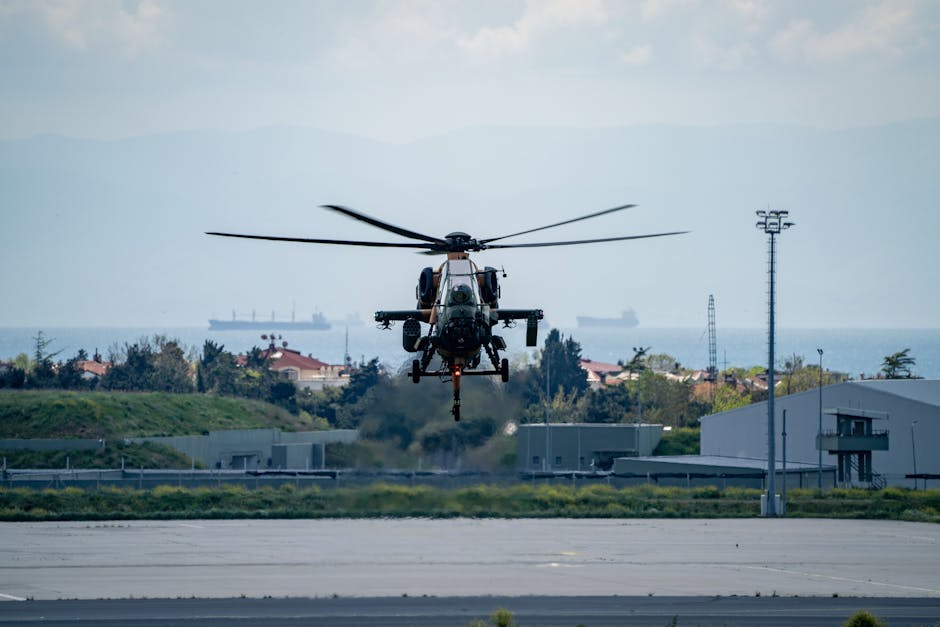The Ivory Coast government has tightened border security following an unprecedented surge of refugees from Mali, driven by worsening violence and instability. With over 3,000 arrivals in a month, authorities fear strain on resources and potential militant infiltration.
Why Ivory Coast Is Reinforcing Its Borders
Ivorian officials report a sharp rise in Malian refugees crossing into northern regions, prompting troop deployments and enhanced surveillance along the 532-km Mali-Ivory Coast border.
“We’re seeing an abnormal influx, primarily women and children escaping conflict zones,” said Colonel Issiaka Konaté, Ivorian Defence Ministry spokesperson. “Our priority is balancing humanitarian aid with national security.”
Mali’s Crisis: The Root of the Refugee Wave
Mali’s turmoil stems from a 2012 jihadist insurgency, compounded by political instability after a 2020 military coup. The junta’s reliance on Russian Wagner mercenaries and expulsion of French forces has intensified clashes, displacing over 350,000 people internally.
UN data shows neighboring Burkina Faso and Niger also facing refugee spikes, but Ivory Coast’s relative stability makes it a new destination.
Humanitarian Crisis Looms as Camps Reach Capacity
The UNHCR warns that refugee camps in northern Ivory Coast are overcrowded, with urgent needs for food, shelter, and medical care. Local communities, while supportive, voice concerns over stretched resources.
“We lack the means to host more people,” said Adama Coulibaly, a village chief near Ouangolodougou.
Security Risks: Could Militants Exploit the Flow?
Ivory Coast remains wary of jihadist infiltration, recalling the 2016 Grand-Bassam attack. Security analysts endorse border controls, noting terror groups often exploit displacement chaos.
Regional Fallout: A Sahel-Wide Challenge
The Sahel’s instability—marked by coups, jihadist violence, and food insecurity—has ripple effects. ECOWAS faces mounting pressure to broker solutions as humanitarian needs outpace funding.
What’s Next for Ivory Coast and Mali?
Abidjan pledges collaboration with Mali and international partners to address displacement drivers. Meanwhile, border measures reflect a regional trend toward defensive postures.
Follow NextMinuteNews for ongoing coverage.




